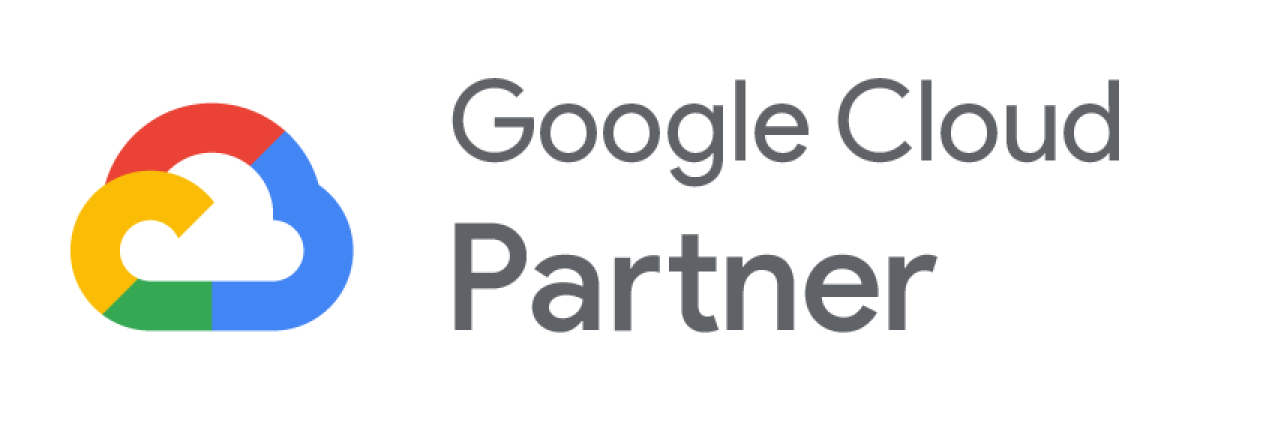 1 day course
1 day course
 Partner of the Year
Partner of the Year
 Virtual, Private
Virtual, Private
As an award-winning Google Cloud Partner, we’ll help show you how to get started with Google Kubernetes Engine on this course, covering everything from understanding container basics through to deploying applications.
The session will start with an introduction to containers, Docker, and the Google Container Registry. You’ll learn how to containerise workloads in Docker containers, deploy them to Kubernetes clusters provided by Google Kubernetes Engine, and scale those workloads to handle increased traffic.
We’ll also cover how to continuously deploy new code in a Kubernetes cluster to provide application updates.
Our Getting Started with Google Kubernetes Engine course is delivered via Virtual Classroom. We also offer it as a private training session that can be delivered virtually or at a location of your choice in the UK.
Course overview
Who should attend:
What you'll learn:
By the end of this course, you will be able to:
- Understand the differences between Google Cloud compute platforms
- Describe the components and architecture of Kubernetes
- Store container images in Container Registry
- Explain how pod networking works in Google Kubernetes Engine
- Create and manage Google Kubernetes Engine clusters using the Google Cloud console and gcloud / kubectl commands
Prerequisites
To get the most out of this course, you should have basic proficiency with command-line tools and Linux operating system environments, as well as Web server technologies such as Nginx. It's recommended you also have Systems Operations experience, including deploying and managing applications either on-premises or in a public cloud environment.
Course agenda
- Identify Google Cloud services and their function
- Choose the right Google Cloud services to create your own Cloud solution
- Create VMs, service accounts, and buckets using the Google Cloud console and Cloud Shell
- Create a Container Using Cloud Build
- Store a Container in Container Registry
- Identify the purpose of and use cases for Kubernetes and Google Kubernetes
- Define the concept of a container and identify uses for containers
- Conceptualise the Kubernetes architecture
- Deploy a Kubernetes cluster using GKE
- Deploy Pods to a GKE cluster
- Identify how to view and manage Kubernetes objects
- The kubectl command
- Introduction to deployments
- Pod networking
- Volumes overview



